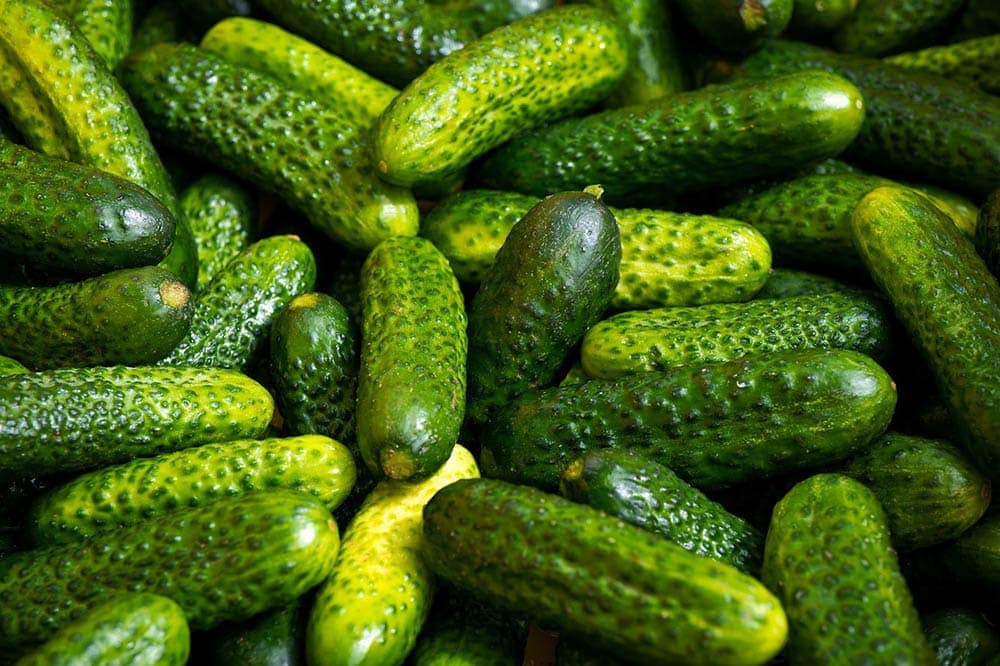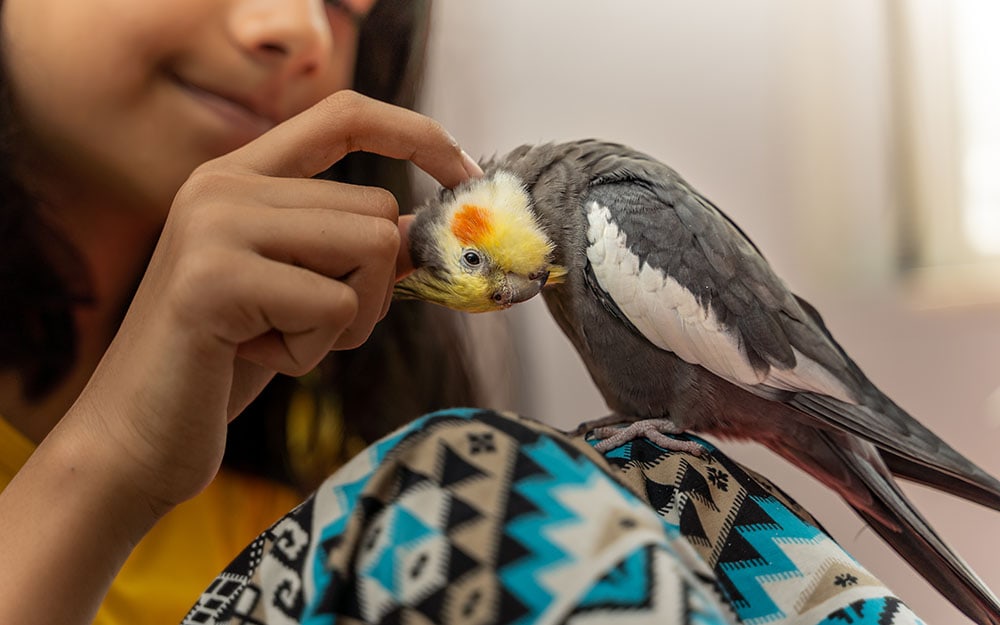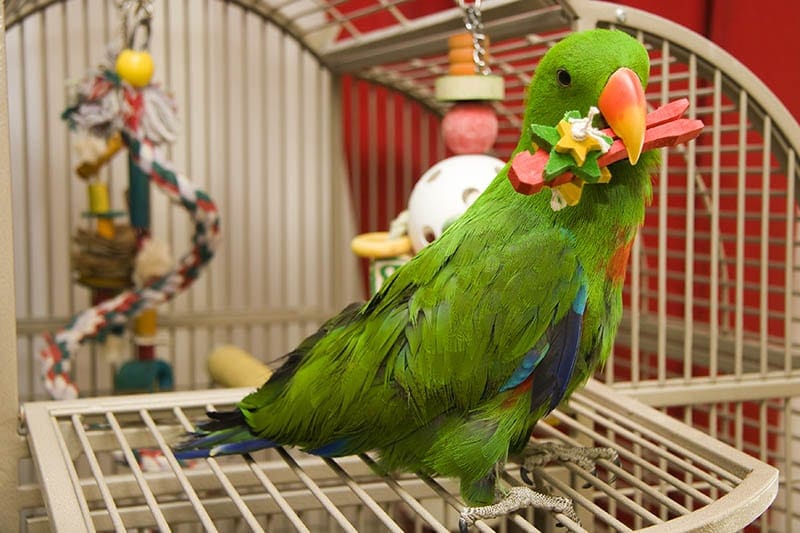Can Parrots Eat Pickles? Vet-Reviewed Health Concerns
Updated on

Parrots have become popular pets over the years, but what is not always fully understood is that these beautiful, colorful, and intelligent creatures require particular diets and foods. If pickles are a firm favorite in your household, for example, it makes sense that you might want to offer them to your parrot. But can parrots eat pickles safely?
Although parrots will most likely love the crunchy texture of a pickle against their beaks, it is not recommended that your parrot eats pickles. While pickles are made from cucumbers, which are not a toxic fruit for parrots, pickles contain many other ingredients that may cause medical problems for your bird.
What Are Pickles?
Pickles are actually cucumbers, but it is the Persian and Kirby cucumber varieties that are often used to make pickles. Before the pickle ends up fermented in a jar or on your burger, it will have started life as a simple cucumber before undergoing a pickling process, which involves being saturated in a vinegar and water-type solution containing plenty of salt and spices, many of which could be harmful to your parrot.

Can Parrots Eat Pickles?
Plain cucumbers are not toxic or dangerous to parrots, but the salt content of pickles is a problem and one that can become toxic to them. Salt (or sodium) should not be required as a supplement for your parrot, as they should be getting all the sodium they need from their daily diet. Therefore, any extra salt consumed, particularly in higher concentrations, produces unwanted side effects and the potential for numerous illnesses to develop.
Health Issues in Parrots Caused by Pickles
The primary concern for parrots eating pickles is the salt content. Extra salt consumption often occurs when parrots eat too many of the wrong foods meant for humans, such as pickles, and too much salt can cause electrolyte imbalances and lead to dehydration, kidney dysfunction, and potentially even death. The smaller the bird, the higher the risk.
Extra spices commonly present in pickles, as well as their acidic nature, have the potential to irritate the gastrointestinal system as well and cause disruption for your bird.
If your parrot has eaten pickles or is showing any of the below signs, they could be suffering from salt toxicity. Prevent your bird from eating anymore and remove any uneaten pickles from the cage. Prompt veterinary attention and care are needed and should be sought straight away. Take the jar of pickles with you if possible so your vet can see the exact contents they have been consuming. Alternatively, you can phone the pet poison helpline for advice.
- Increased thirst
- Difficulty breathing or shortness of breath
- Fluid leaking from their beak
- Weakness and lethargy
- Diarrhea
- Leg paralysis
Conclusion
Parrots enjoy many of our human foods, but their diet should resemble the foods they would eat in the wild as much as possible, which should include a variety of veggies and fruits. As parrots can be very sensitive and certain foods are dangerous to these animals, check with your veterinarian or avian specialist if the fresh fruits and veggies in their diet are all safe for your particular species. But also equally important, do not feed them pickles. Instead, choose a different and plain vegetable to offer as a treat.
See Also:
- Can Parrots Eat Cucumbers? Vet Approved Nutrition Facts
- Can Parrots Eat Zucchini? Vet-Approved Nutrition Facts
Featured Image Credit: PhotoMIX-Company, Pixabay











